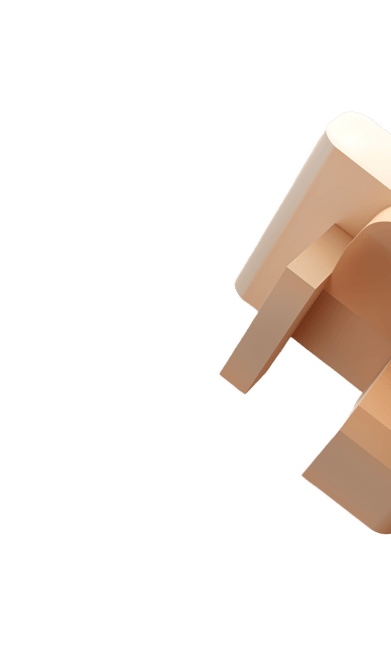Secured loans vs unsecured loans: Explained
Key takeaways
•Secured loans are secured against an asset, such as a home or car, and the lender has the right to repossess it if payments are not made. They typically have lower interest rates than unsecured loans but come with set-up costs.
• Unsecured loans do not require any collateral and so pose less risk for the borrower; however, they usually have higher interest rates than secured loans due to their lack of security. There may also be no set-up fees associated with them but borrowing potential is generally lower and loan terms shorter.
Which loan is better: secured or unsecured?
The answer depends entirely on the borrower's individual needs and financial situation. When weighing up the pros and cons of both secured and unsecured loans, you should assess seven core criteria:
Interest rates: how much interest you’ll be expected to pay back each month on top of your loan amount.
Risk level: the loan type which poses the greatest risk to you as the borrower.
Borrowing potential: the value of the loan.
Loan term: the length of time you have to repay the loan
Time to approval: how long it takes to approve the loan
Set-up costs: how much the fees are to set up the loan agreement
Monthly repayments: the amount you have to pay back each month
Use of an asset: whether or not you need collateral
The table below outlines the comparisons between both loan types against these seven criteria.
Pros of secured loans vs unsecured
Interest Rates
Expect to pay potentially lower interest rates than you would for an unsecured loan
Loan Amount
Expect to secure a larger loan amount than you would for an unsecured loan.
Term Length
Expect a longer loan term than you would for an unsecured loan.
Interest-only
Expect to pay less in monthly repayments than you would for an unsecured loan thanks to interest-only secured loans.
Cons of secured loans vs unsecured
Greater Risk
Secured loans pose a greater risk than unsecured loans as you secure the loan using a valuable asset, e.g. your home
Set up costs
Expect to pay set-up costs when applying for a secured loan
Approval time
It can take longer to approve your secured loan
Pros of unsecured loans vs secured
Set up costs
There are usually no set-up costs for unsecured loans.
Approval time
It generally takes less time to approve an unsecured loan than a secured loan.
No collateral
You don’t need to put up an asset as collateral.
Cons of unsecured loans vs secured
Interest rates
Interest rates are usually (although not guaranteed) higher than secured loans as the loan is generally granted based on creditworthiness, income and debt-to-income ratio.
Borrowing potential
Your borrowing potential won’t be as high as it would be with a secured loan.
Loan terms
Unsecured loan terms are usually shorter than a secured loan.
Homeowner loan resources
What people are saying about Better.co.uk...

Important info & marketing claims
You may have to pay an early repayment charge to your existing lender if you remortgage. Your savings will depend on personal circumstances.
Your home may be repossessed if you do not keep up repayments on your mortgage.
*89% of customers will be better off using Better.co.uk rather than going direct with their lender. Read more on our marketing claims page.
We can't always guarantee we will be able to help you with your mortgage application depending on your credit history and circumstances.
Average mortgage decision and approval times are based on Better.co.uk's historic data for lenders we submit applications to.
Tracker rates are identified after comparing over 12,000 mortgage products from over 100 mortgage lenders.
As of January 2023, Better.co.uk has access to over 100 lenders. This number is subject to change.
For buy-to-let landlords, there's no guarantee that it will be possible to arrange continuous letting of a property, nor that rental income will be sufficient to meet the cost of the mortgage.

